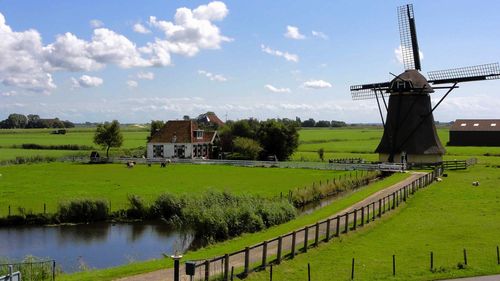The family is one of the oldest and most fundamental institutions in society. It has been significant in various cultures around the world, playing a crucial role in shaping the development and transmission of culture, social behavior, and values. In some cultures, the family is the building block of the community, while in others, it is an extended group of relatives. We will take a closer look at the significance of family in different cultures and how it influences the lives of people.
In traditional African culture, the family is often considered the most important social unit. It extends beyond the nuclear family and includes grandparents, uncles, aunts, and cousins. The presence of the extended family allows for the sharing of resources and responsibilities, ensuring that everyone’s needs are met. Extended family members also offer support during important life events such as weddings, funerals, and childbirth.
In Asian cultures like China, Japan, and Korea, the family is one of the crucial institutions in society. Similar to African culture, the family extends beyond the nuclear family. The family unit is believed to provide a sense of identity, stability, and support to its members. It is not uncommon to find multiple generations living under one roof, with the younger generation taking care of the elders and the elders passing down wisdom to the young.
In Western cultures like the United States, Canada, and some European nations, family structures are often nuclear, consisting of parents and their children. Nevertheless, extended family members like grandparents, aunts, and uncles also play a significant role in the lives of children. Family traditions such as Thanksgiving and Christmas bring family members together, creating a sense of belonging and unity.
In conclusion, the family is an essential unit of society, and its significance varies across different cultures. Its role in shaping values and behavior, providing care and support, and preserving cultural traditions cannot be overlooked. Irrespective of how the family manifests itself in different cultures, one thing remains constant – it is an essential institution that shapes us as individuals and the communities we belong to.
(Note: Do you have knowledge or insights to share? Unlock new opportunities and expand your reach by joining our authors team. Click Registration to join us and share your expertise with our readers.)
Speech tips:
Please note that any statements involving politics will not be approved.
